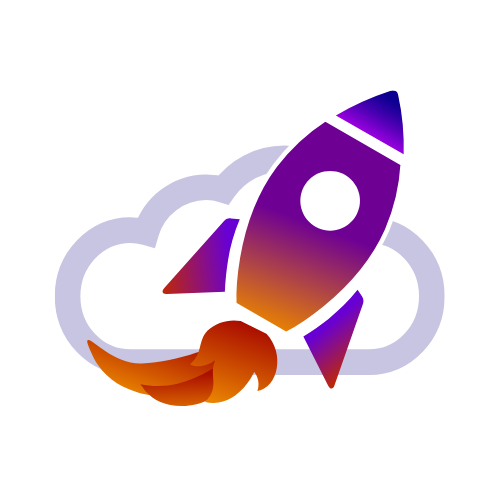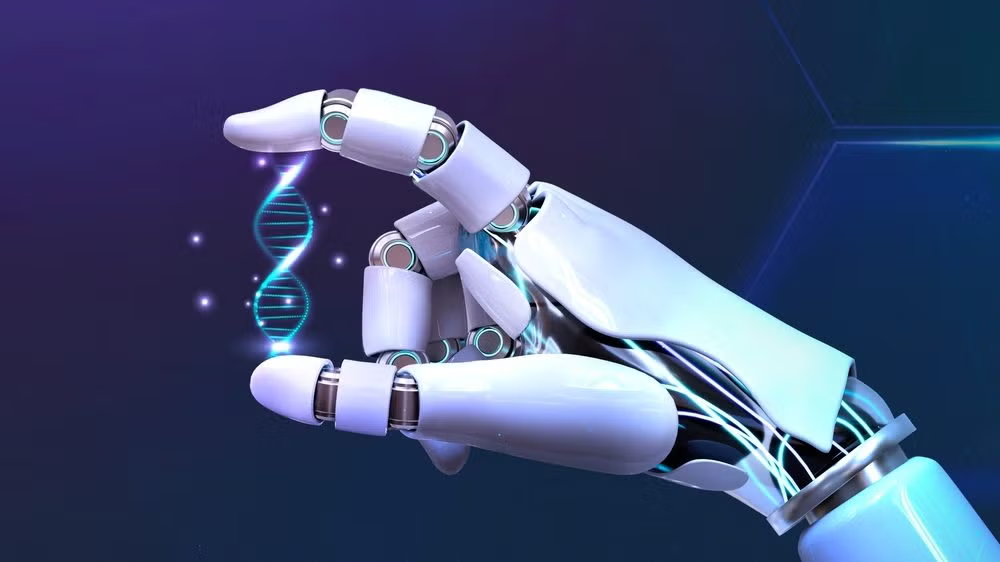The 21st century is not just the digital age it’s the age of biology. The fusion of artificial intelligence (AI) and biotechnology is unlocking the secrets of life itself, enabling scientists to reprogram DNA, cure genetic diseases, and create sustainable solutions for humanity’s greatest challenges. The future of biotechnology is not only reshaping medicine but redefining what it means to be human.
Table of Contents
What Is Biotechnology?
Biotechnology is the use of living organisms, biological systems, or processes to develop new products and technologies. From gene editing and synthetic biology to regenerative medicine and bioengineering, biotech touches nearly every aspect of modern life.
According to the National Human Genome Research Institute (NHGRI), the goal of biotechnology is to apply the principles of biology to improve health, agriculture, and the environment through scientific innovation.
The Role of AI in Modern Biotechnology
Artificial intelligence has become the driving force behind the rapid acceleration of biotech research. AI algorithms can process massive biological datasets from genetic sequences to molecular interactions faster and more accurately than human scientists.
1. AI in Drug Discovery
Traditionally, drug discovery took years of laboratory testing. Now, AI can predict how molecules will interact with specific proteins, helping researchers design new drugs in a fraction of the time.
Companies like DeepMind, with its groundbreaking AlphaFold system, have revolutionized the understanding of protein folding a discovery hailed as one of the greatest in modern biology (Nature). This technology allows scientists to model proteins crucial to diseases such as cancer, Alzheimer’s, and COVID-19.
2. AI in Genomics
AI tools are accelerating genomic sequencing the process of decoding DNA. By analyzing genetic data, AI can identify mutations linked to diseases and predict an individual’s risk for certain conditions.
According to MIT Technology Review, AI-assisted genomics is making personalized medicine a reality, where treatments are tailored to a person’s unique genetic makeup.
3. Predictive Healthcare
AI-powered biotechnology allows for predictive modeling of diseases long before symptoms appear. Machine learning algorithms can analyze patient data, lifestyle patterns, and genetic predispositions to forecast potential health issues enabling early prevention and treatment.
Genetic Engineering: Reprogramming the Code of Life
The ability to edit genes has revolutionized modern science. With tools like CRISPR-Cas9, scientists can now precisely modify DNA adding, deleting, or altering genetic material with unprecedented accuracy.
Developed by researchers like Jennifer Doudna and Emmanuelle Charpentier, CRISPR has already shown potential in curing inherited diseases such as sickle cell anemia and muscular dystrophy (NIH).
Synthetic Biology and Bioengineering
Beyond gene editing, synthetic biology is taking biotechnology even further allowing scientists to design and build new biological systems from scratch. Imagine bacteria engineered to produce clean fuel, or plants that can grow in extreme climates.
The World Health Organization (WHO) emphasizes that synthetic biology could play a major role in achieving the UN Sustainable Development Goals, from food security to renewable energy.
Regenerative Medicine: Healing from Within
One of the most promising branches of biotechnology is regenerative medicine the science of repairing or replacing damaged tissues and organs using stem cells and bioengineered materials.
AI enhances this process by analyzing how cells develop and interact, optimizing tissue growth in lab conditions. Researchers are already growing 3D-printed organs and bioengineered skin for transplants.
According to the National Institutes of Health (NIH), regenerative medicine could one day eliminate organ shortages and allow people to heal naturally from severe injuries or diseases.
Biotechnology in Agriculture and Climate Action
Biotechnology isn’t limited to healthcare it’s also transforming agriculture and environmental sustainability.
- Genetically Modified Crops (GMOs): AI-driven genetic engineering is creating drought-resistant and pest-proof crops to ensure food security for a growing population.
- Bioplastics and Biofuels: Scientists are developing sustainable materials and clean energy sources using bioengineered microorganisms.
- Carbon Capture and Eco Restoration: Engineered microbes can absorb carbon dioxide and detoxify pollutants, aiding in the fight against climate change.
These innovations show how biotechnology can align with green technology to build a more sustainable planet.
Ethical Challenges and Biosecurity
Despite its incredible promise, biotechnology raises critical ethical questions. Gene editing and AI-driven genetics challenge traditional ideas of life, health, and human identity.
Who decides which genes can be modified? How do we prevent misuse of genetic data? According to the World Economic Forum, establishing global ethical standards and biosecurity measures is vital to ensure biotechnology benefits humanity responsibly.
Concerns over “designer babies,” data privacy, and biological weaponization underscore the need for transparent regulation and international cooperation.
The Future Ahead: Merging Biology and Technology
The convergence of AI, biotechnology, and genetics is leading toward a new scientific frontier one where digital biology redefines evolution itself. We are moving from treating disease to programming health, from growing food to designing ecosystems, and from understanding life to engineering it.
In the coming decades, biotechnology could extend human lifespan, eliminate hunger, and restore the environment. But its success will depend on how responsibly we balance innovation with ethics.
Conclusion
The future of biotechnology is a future of possibility where biology meets intelligence, and science meets humanity. With AI decoding the mysteries of DNA and genetic engineering reshaping evolution, we are entering an era of designed life.
From curing diseases to rebuilding ecosystems, biotechnology stands as one of the most powerful tools of our time. But with great power comes great responsibility. The challenge ahead is not just to see what we can create but to ensure it serves all of humanity, ethically and sustainably.
Also Check Human Augmentation – Powerful Evolution with Technology 2025


1 thought on “Future of Biotechnology – Comprehensive Guide – 2025”